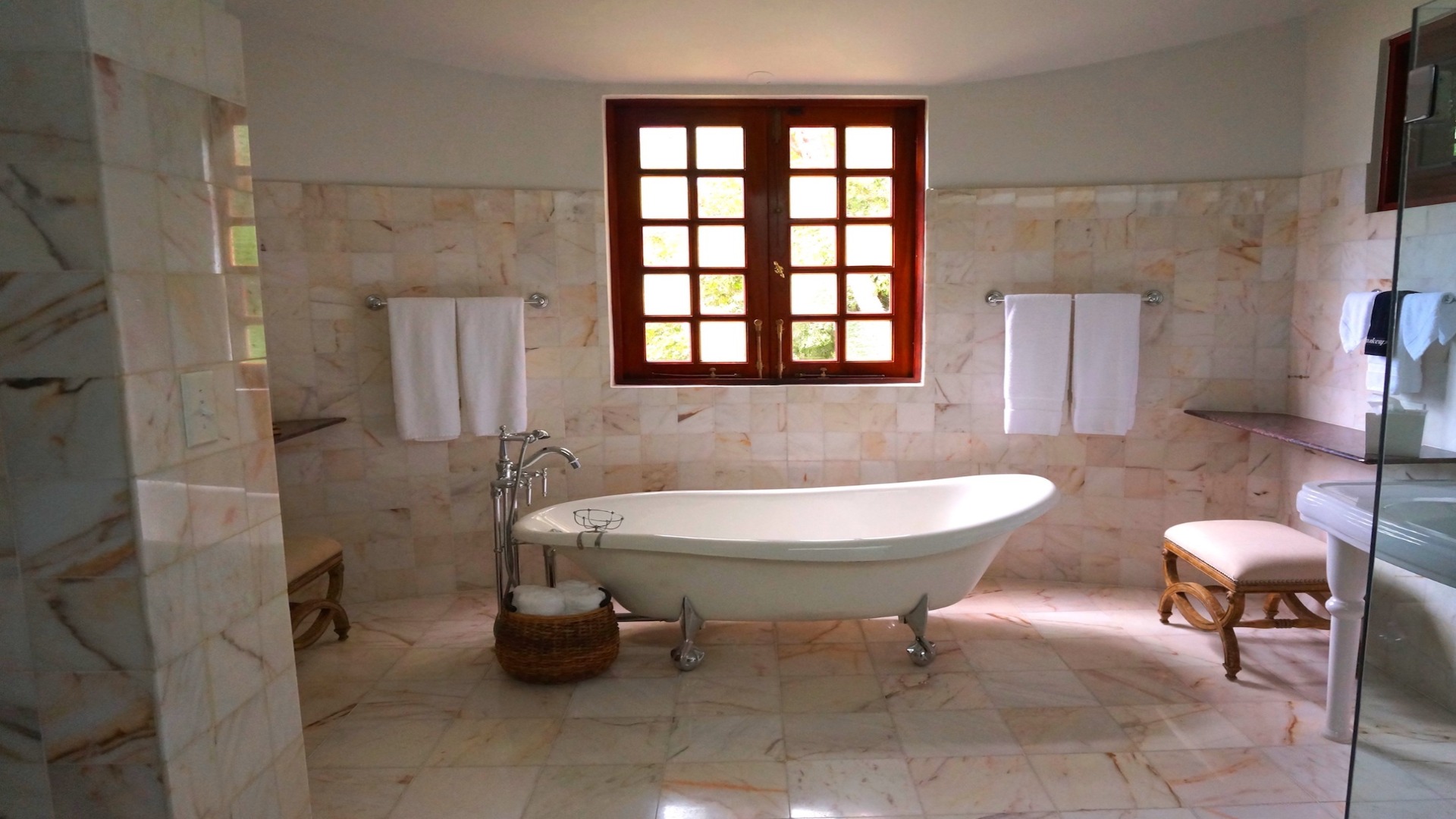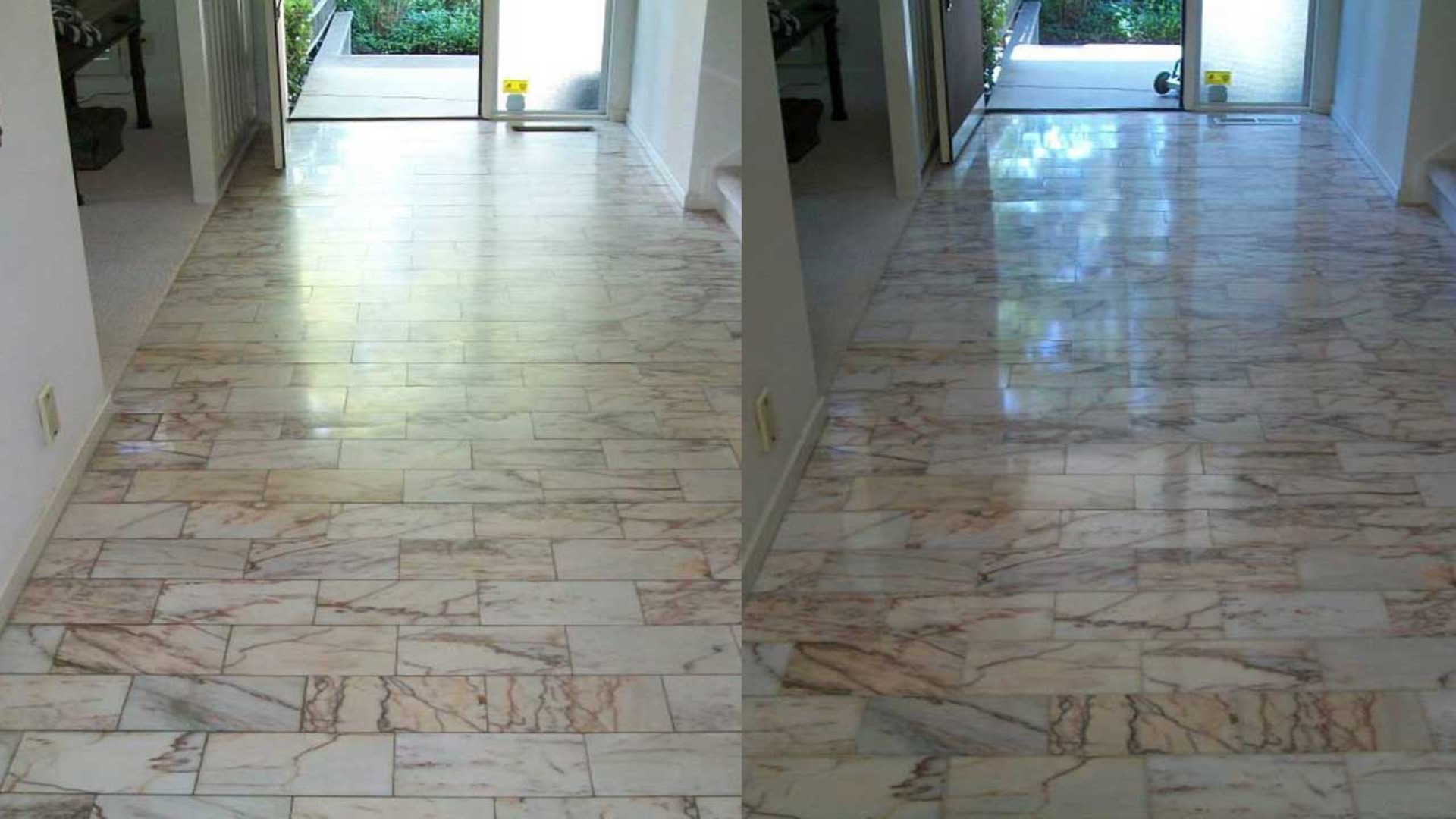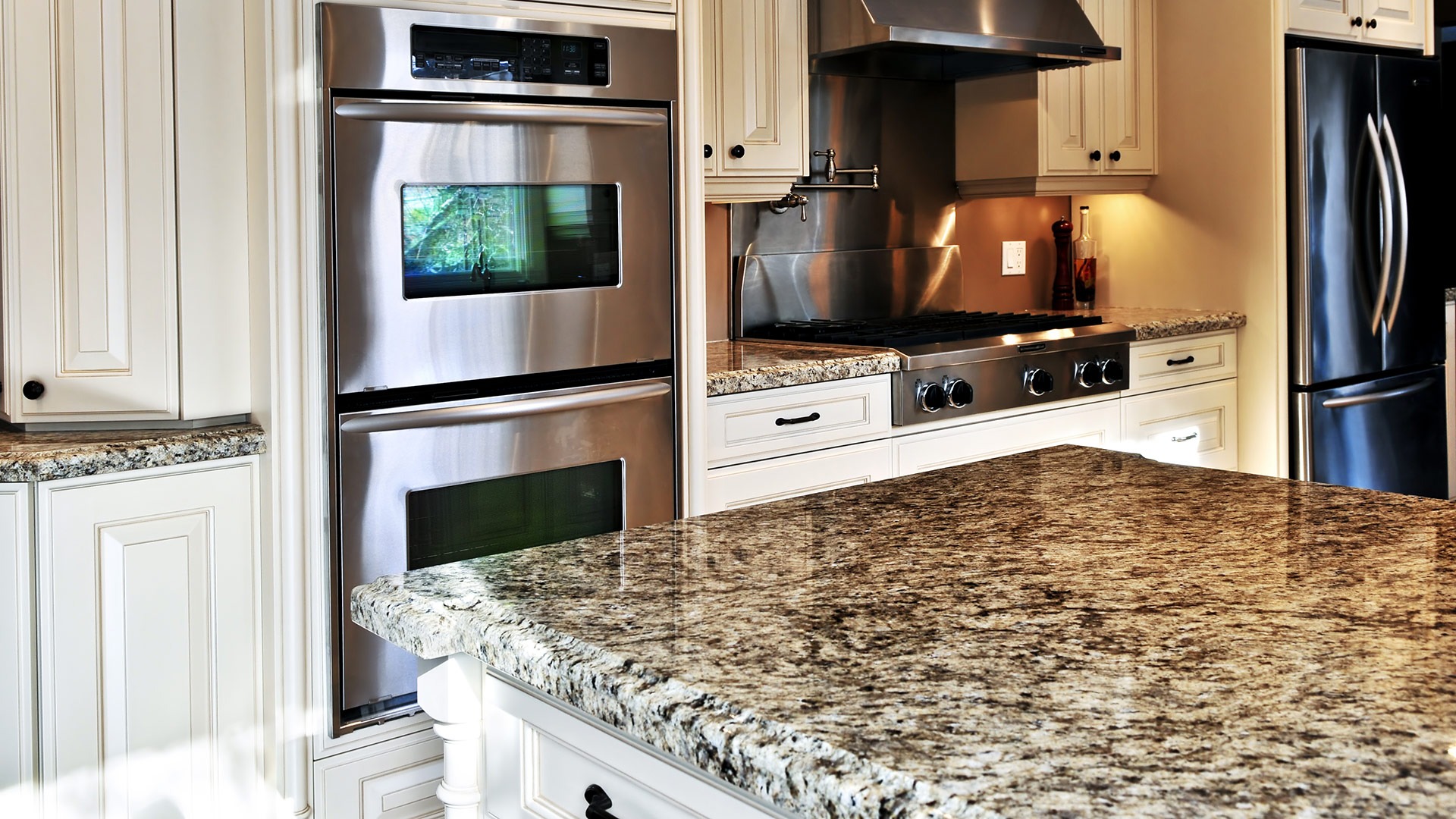Natural stone countertops and floors can develop minor scratches, etching, and dullness over time from regular use. Many homeowners wonder what the differences are between honing and polishing when it comes to repairing and restoring the appearance of natural stone surfaces. Honing and polishing are two processes that are commonly used to refresh and maintain natural stone, but they work in different ways.
In this blog post, we will explain what honing and polishing are, the tools and abrasives used, and the results achieved from each honing and polishing process. We will outline the key differences between honing and polishing so readers understand when each is appropriate for natural stone restoration.
We’ll also provide tips on properly caring for honed and polished stone surfaces to extend the life and beauty of natural stone in the home. Comparing the honing and polishing processes for natural stone will help homeowners choose the right maintenance and restoration methods for their countertops, floors, and other surfaces.
The Difference Between Honing and Polishing Natural Stone
Honed and polished are among the most popular finishes used in kitchen countertops, bathroom vanity tops, shower surrounds, and fireplace surrounds. There are advantages and disadvantages to each type of finish.
When it comes to natural stone finishes, the difference between honed and polished marble is a crucial decision. Honing and polishing are two distinct processes that produce different results on natural stone surfaces. Understanding the differences is important for proper stone care and maintenance.
Honing
- Honing is a process that removes minor scratches and etching from the surface of a honed natural stone. It restores the stone’s natural appearance and sheen.
- Many homeowners appreciate the more natural, warmer feel of honed marble over polished, which can be a little rich in smaller environments. Since honing removes the shine and leaves a matte finish, it’s well-suited to areas that must be as non-slip as possible – such as floors and stairways, especially in areas that may get wet.
- Honing uses abrasives like diamond pads or powders to grind the honed surface lightly. This levels out minor imperfections without changing the stone’s texture.
- It repairs damage and restores the stone’s surface while preserving its natural, matte-honed finish. Honed stone has a satiny, smooth surface.

Polishing
- Initially going through the same process as honing, polished natural stone is made glossy with finer polishing pads.
- The full colour, depth, and crystal structure are visible with a polished finish.
- Polishing uses finer grit abrasives to buff natural stone to a high-gloss, reflective shine. This produces a glassy, smooth, polished surface.
- Polishing is done after honing to refine further and protect the stone’s appearance.
- Polishing closes the stone’s pores.
- While honing repairs flaws, polishing removes deeper scratches or pits through an aggressive grinding process. This brings out a polished stone’s glossy texture.
- Polished natural stone has a wet-look shine and reflective polished surfaces. The glossiness enhances the beauty and colour of the stone.
The main difference is that honing retains the stone’s natural appearance while removing damage, whereas polishing drastically changes the stone’s polished finish to a glossy, shiny surface. Knowing when to hone vs. polish natural stone is important for proper restoration and maintenance.
Maintenance Tips
Proper care and cleaning are essential for preserving the beauty of your natural stone surfaces. Follow these tips to keep honed and polished stone finishes looking their best:
Honed Stone
- Use pH-neutral stone cleaner – Avoid acidic or abrasive cleaners that can etch the surface of the stone.
- Rinse thoroughly after cleaning – Residue can cause buildup
- Re-apply stone sealer every 1-2 years – Maintains protective barrier
- Spot clean spills quickly – Has stain resistance
- Dust mop floors frequently – Reduces grit that can scratch

Polished Stone
- Use a gentle stone polish regularly – Removes light etching and enhances natural shine.
- Dust and dry-mop floors often – High-traffic floors may require daily mopping.
- Clean up spills immediately – Polished stone stains are easier than honed
- Avoid walk-off mats with rubber backing – They can discolour from a chemical reaction
- Test cleaners on small area first – Ensure it doesn’t dull high-gloss finish
- Re-seal polished stone annually – Fills microscopic pits and fissures
With proper maintenance and cleaning adapted for the specific finish, whether it’s honed or polished finishes, both honed and polished natural stone can remain beautiful for years. Avoid abrasive acidic cleaners, seal regularly, and follow stone care best practices. Professional restoration may be needed periodically to keep any natural stone floor or surface looking its best.
Honing vs. Polishing Natural Stone
Understanding the key differences between honing and polishing natural stone is important for proper restoration and maintenance. Honing repairs minor damage while retaining the stone’s natural appearance, whereas polishing completely transforms the surface to a glossy finish.
Knowing when honing or polishing is appropriate will help homeowners and property managers make the right decisions for maintaining and restoring the beauty of their natural stone surfaces. Implementing the proper maintenance routines can help preserve the look of either honed or polished finishes.
At Complete Stone Care, our professional technicians provide expert honing, polishing, sealing, benchtop cleaning, and restoration services for all types of natural stone. We serve residential and commercial clients throughout Sydney. Our passion is revitalising tired and damaged natural stone to help it look as beautiful as the day it was installed.
For personalised recommendations on maintaining your natural stone polished or honed surfaces or scheduling an appointment, contact Complete Stone Care today. We offer free consultations and estimates. Refresh and reveal the true elegance of your natural stone with our specialist services

